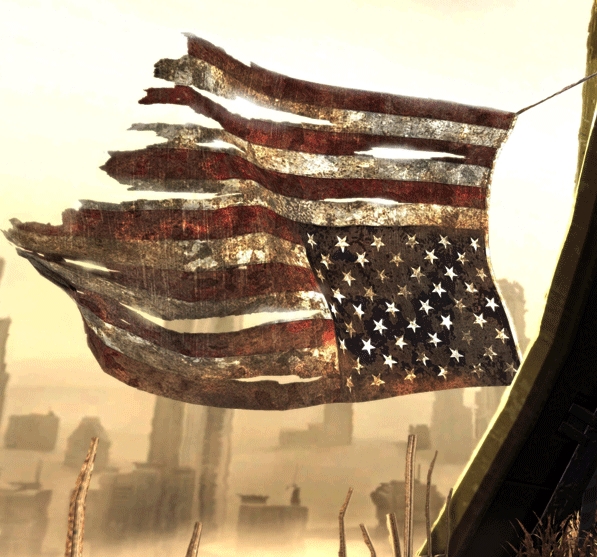
Empirical data from focus-group interviews will be discussed in light of the idea of “positive negative experiences” (Hopeametsä, 2008 Montola, 2010), “frame analysis” (Goffman, 1974 Björk, 2015), “reversal theory” (Apter, 1992), and the “theory of ethical game design” (Sicart, 2009, 2013).

The aim of this article is to provide insights into how players in a focus-group study discuss their experience with Spec Ops: The Line with reference to the idea that the game creates a sense of gratification in the player through evoking negative experiences. 182), and yet others argued that the use of conventional mechanisms of the shooter genre created a situation where any deeper narrative message would necessarily fall through (Lindsey, 2012 Keogh, 2013, p. Other reviewers recognized the horrors that were displayed, but did not find the integration between gameplay and narrative to be particularly uncomfortable (Björk, 2015, p. However, not everyone agreed that Yager Development’s attempt to create a profound experience disguised as a traditional military shooter was successful, and in the gaming press and online discourse reception was mixed: Some reviewers hailed the game for its ability to make players reflect upon the gameplay actions taken in violent shooter games (Dyer, 2012 Klepek, 2012 Pitts, 2012). During playtesting, the developers reported that test players sometimes left the room after having witnessed the dramatic turning point of the game (Payne, 2014, p. Spec Ops: The Line is a game that aims to inspire reflection by deliberately trying to create discomfort and displeasure in the player (Dyer, 2012 Garland, 2012 Klepek, 2012 Sicart, 2013, pp. When released, the game was not a big commercial success, but it has over the years since its release gained status as a classic. Here, completing missions is a success in terms of game progression, but on the fictional level each completed mission spirals the protagonist “Captain Walker” down into the abyss of war crimes and eventually to a point where death may seem like the better end-game option. Spec Ops: The Line (Yager Development, 2012) is one such game. Failure can take place both on the level of gameplay and on the level of fiction, which opens up for the interesting possibility that when the player is successful, the protagonist fails (Juul, 2013, p. BASE jumping is dangerous, horror games are uncomfortable, and failure and the unpleasant feeling of inadequacy are integral parts of the gameplay experience (Juul, 2013, p. The idea that games and play are all about the fun and the safe has long been contested (e.g.

Positive negative experiences, reversal theory, frame analysis, ethical game design, player studies, player experiences The analysis shows how the game uses techniques connected to fabrication, the highlighting of negative consequences, and reversal to create a sense of complicity that creates a powerful experience of positive discomfort. This article documents how players report the positive discomfort of playing the third-person military shooter Spec Ops: The Line (Yager Entertainment, 2012), and analyses their descriptions with reference to the idea of “positive negative experiences” (Hopeametsä, 2008 Montola, 2010), “frame analysis” (Goffman, 1974 Björk, 2015), “reversal theory” (Apter, 1992), and the “theory of ethical game design” (Sicart, 2009, 2013).

The Positive Discomfort of Spec Ops: The Line by Kristine Jørgensen Abstract


 0 kommentar(er)
0 kommentar(er)
